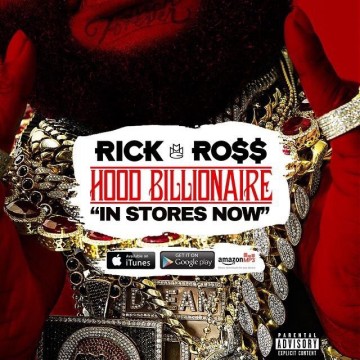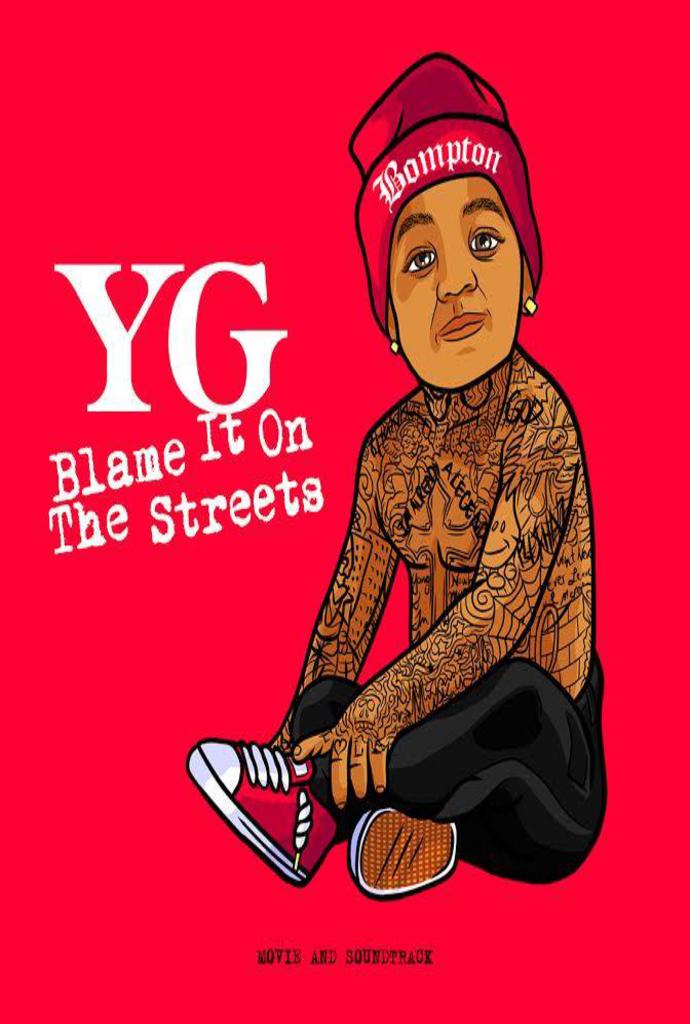Daily 30: Sat 12.20.2014
2mo
Again?!
2mo
T.G.O.D.
2mo
Dope Sh!t
2mo
2mo
2mo
Classic
9mo
2mo
2mo
Which Are You Copping?!
2mo
2mo
2mo
2mo
n
2mo
2mo
2mo
2mo
8mo
4mo
2mo
2mo
2mo
War Games
2mo
Sad
2mo
2mo
2mo
5mo
3mo
8mo






























